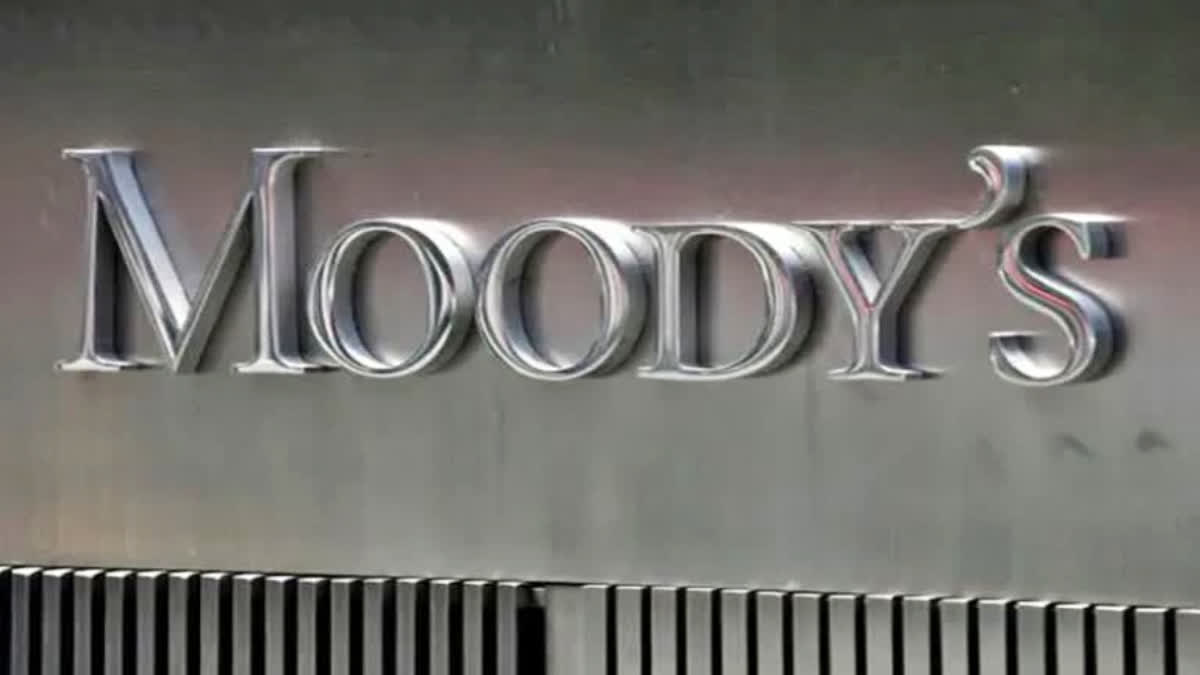New Delhi: Moody's Investors Service on Monday said higher interest rates have increased repayment amounts and limited refinancing options for SME borrowers who have availed loans against property, heightening default risk for these loans. "Even if the RBI were to keep rates on hold from here, the repayment amounts will weigh on SME borrowers' capacities to repay debt. Furthermore, the rate increases over the past year have reduced the likelihood that LAP borrowers will be able to refinance their debt on more affordable terms if they can no longer meet repayment amounts," Moody's said.
LAP refers to loans against property. It said the interest rate hikes over the past year have increased funding costs for non-banking finance companies (NBFCs). With rising funding cost, the NBFCs have increased interest rates for loans against property (LAP) to small and medium-size enterprise (SME) borrowers, which is heightening repayment and refinancing risks for these loans.
This situation is credit negative for Indian asset-backed securities (ABS) backed by loan against property (LAP), Moody's said. "Higher interest rates in India have increased repayment amounts and limited refinancing options for SME borrowers with LAP (loans secured by mortgages over residential or commercial real estate), heightening the risk of delinquencies and defaults," Moody's said.
Since May last year, the RBI has hiked key policy rates six times by a total of 2.5 percentage points to 6.5 per cent to control inflation. Earlier this month, the RBI paused the rate hike cycle and maintained a status quo. Indian 10-year government bond yields and the Marginal Cost of Fund based Lending Rate (MCLR), which is the benchmark rate that banks mostly use to set lending rates for NBFCs, have increased as the RBI's repo rate has risen.
The US-based rating agency also said that the pace of property price growth has slowed in major Indian cities as a result of rate rises over the past year. Slower property price growth has reduced recovery prospects for defaulted LAP, which is negative for Indian ABS backed by these loans. Additionally, slower property price growth has eroded lenders' willingness to refinance LAP, Moody's said. (PTI)



